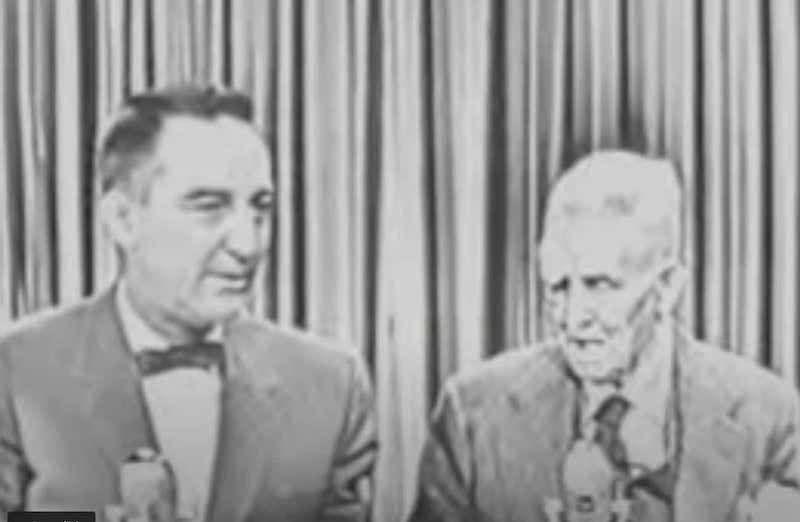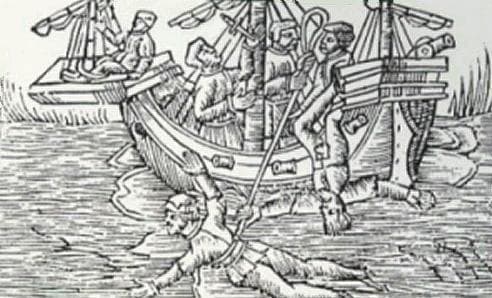-
Bernhard Förster (1843–1889), German antisemite teacher who wrote on the Jewish question, where he characterizes Jews as constituting a "parasite on the German body". (Intellectuals indirectly associated with Nazism)
-
Martin Heidegger (1889–1976), German philosopher who was politically involved with National Socialism. The relations between Martin Heidegger and Nazism remain controversial. He was a member of the Nazi party, he joined the NSDAP on May 1, 1933 three weeks after being appointed rector of the University of Freiburg. Heidegger resigned the rectorship one year later, in April 1934, but remained a member of the NSDAP until the end of World War II. His first act as rector was to eliminate all democratic structures, including those that had elected him rector. There were book burnings on his campus, though he successfully stopped some of them. There was also student violence. Although after the war he neither apologized nor publicly expressed regret for his involvement with his affiliation with Nazism, in private he called it "the biggest stupidity of his life" (die größte Dummheit seines Lebens). (Philosophers and sociologists)
-
Paul de Lagarde (1827–1891) was a German biblical scholar and orientalist. His Deutsche Schriften (1878–1881) became a nationalist text. (Intellectuals indirectly associated with Nazism)
-
Theosophist Alice A. Bailey stated during World War II that Adolf Hitler was possessed by what she called the Dark Forces. Her follower Benjamin Creme has stated that through Hitler (and a group of equally evil men around him in Nazi Germany, together with a group of militarists in Japan and a further group around Mussolini in Italy) was released the energies of the Antichrist, which, according to theosophical teachings is not an individual person but forces of destruction. (Others)
-
Emile Burnouf (1821–1907) was a racialist whose ideas influenced the development of theosophy and Aryanism. (Intellectuals indirectly associated with Nazism)
-
Johannes Stark (1874–1957), Nobel laureate and ideologue of the Deutsche Physik movement. (Scientists and physicians)
New Random Display Display All Items(51)









